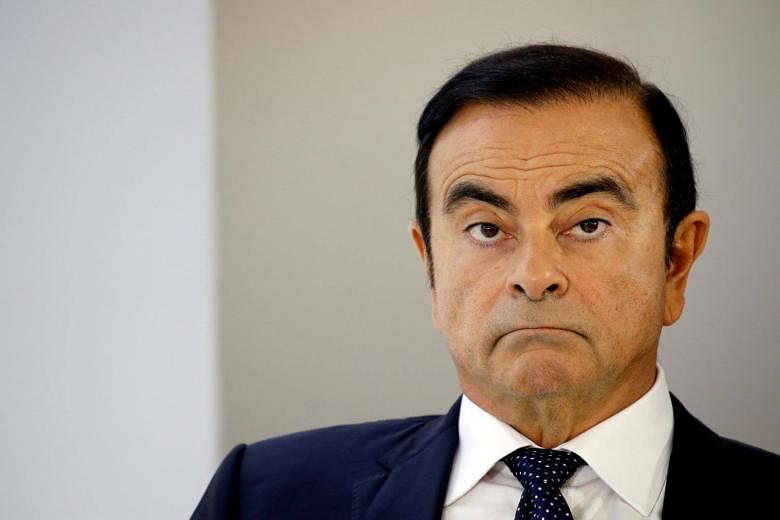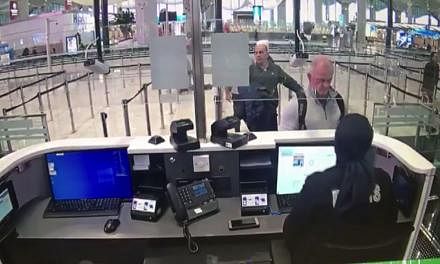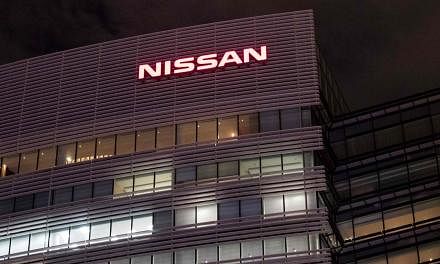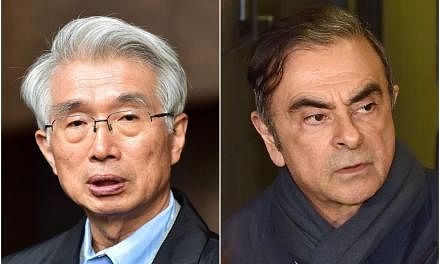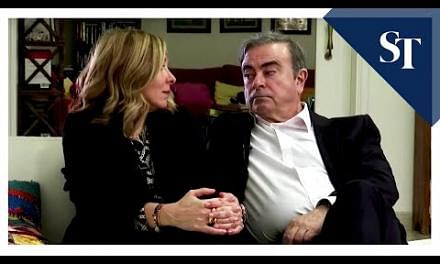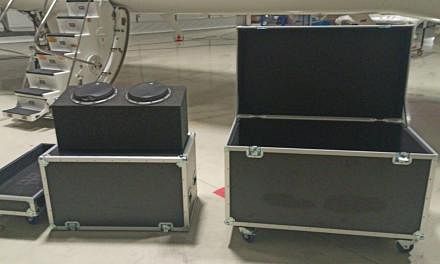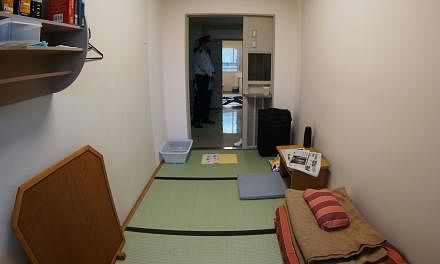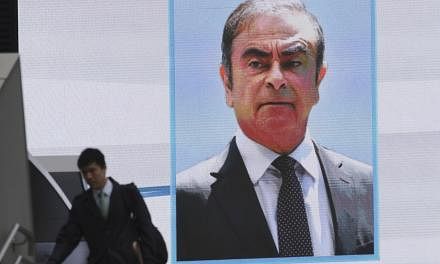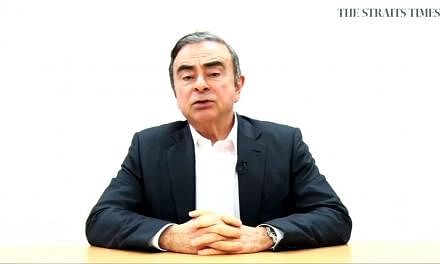TOKYO/PARIS (AFP) - Japanese prosecutors on Friday (Jan 11) filed two new sets of charges of financial misconduct against former Nissan chief Carlos Ghosn, Tokyo District Court said.
The 64-year-old auto tycoon was already facing charges for one allegation of under-reporting his pay, and the new charges accuse him of additional misreporting as well as "aggravated breach of trust" involving company funds.
Ghosn's lawyer Motonari Otsuru confirmed that he had been indicted on the fresh allegations and said he would "shortly request his release on bail."
The maximum detention period for questioning over financial misconduct allegations expires on Friday, but Ghosn is unlikely to be released soon.
Meanwhile the board of French automaker Renault on Thursday said an ongoing audit into executive pay had found no sign of fraud in the last two years. Directors gave no hint in their statement of any deliberations into Ghosn's future at Renault.
Ghosn forged an unlikely three-way alliance between Nissan, Mitsubishi Motors and Renault - of which Ghosn remains chief executive.
Ghosn, who is reportedly suffering from a fever at his Tokyo detention centre, denies any wrongdoing, arguing in a dramatic court appearance on Tuesday that he is being "wrongly accused and unfairly detained".
The Renault meeting comes two days after Ghosn's first court appearance.
Renault's board said an independent review had looked into the compensation of the group's executive committee during the financial years 2017 and 2018 "and has concluded that it is both in compliance with applicable laws and free from any fraud". But the board statement added that the audit would continue, with previous years scrutinised as it progresses.
One of the most recognisable foreign executives in Japan, Ghosn was led into Tokyo District Court in handcuffs and with a rope around his waist, and was noticeably thinner after more than 50 days of prison food.
He spoke in a strong voice and passionately declared a "genuine love and appreciation for Nissan", saying he had acted "honourably, legally and with the knowledge and approval of the appropriate executives inside the company".
At the end of the nearly two-hour hearing, his lawyers applied for him to be freed but the court slapped this down, arguing he was a flight risk and could tamper with evidence if released.
An appeal to end his detention was also rejected.
Ghosn has already been indicted once, over allegations he under-reported his salary over five fiscal years to the tune of five billion yen (S$62.4 million) in official documents to shareholders.
Prosecutors are expected to add a formal charge that he continued this practice for the next three years, hiding away four billion yen.
In addition, they are likely to hit Ghosn with a further charge of aggravated breach of trust, alleging that he sought to transfer 1.85 billion yen in losses from a foreign exchange contract from his personal asset management firm to Nissan.
It has not been ruled out that prosecutors could also re-arrest the executive over as-yet unknown accusations, allowing the authorities another 22 days of questioning.
BAIL 'VERY DIFFICULT'
But even Ghosn's lead lawyer Motonari Otsuru believes that it will be "very difficult" to secure bail if his client is formally charged over this third allegation.
"In general, in such cases in Japan, it is indeed the case that bail is not approved before the first trial does take place," Mr Otsuru told reporters after the hearing, adding that it could be six months before the case comes to trial.
The complexity of the case and the fact that all documents need to be translated into English and Japanese are likely to extend the time, added the lawyer.
The twists and turns of the Ghosn case have riveted Japan and the business world, and more than 1,000 people queued up from the early hours to get one of only 14 seats in the public gallery on Tuesday.
The case is also being played out in local media, with another string of allegations leaking out in the Japanese press on Friday.
The Yomiuri Shimbun said US$100 million was paid to sales agents in five Middle Eastern countries from Ghosn's special "CEO reserve."
Ghosn's prolonged detention has also raised foreign awareness of the Japanese justice system that has come under fire internationally for allowing suspects to be detained almost indefinitely.
The jet-setting high-flyer who once sparked criticism for a lavish lifestyle was initially kept in a tiny cell and slept on Japanese-style tatami mats.
He complained about the rice-based diet at the detention centre and his family says he has lost up to 20kg.
He appeared gaunt with sunken cheeks in court although seemed in relatively strong health despite an occasional cough.
However, according to local media, he was struck down by a high fever late on Wednesday, with the prison doctor saying he was too unwell to be questioned or receive visits from his lawyer or embassy officials.
His wife Carole Ghosn said she had received no information about his health and "pleaded" with Japanese authorities for news.
"We are fearful and very worried his recovery will be complicated while he continues to endure such harsh conditions and unfair treatment," she said in a statement.
